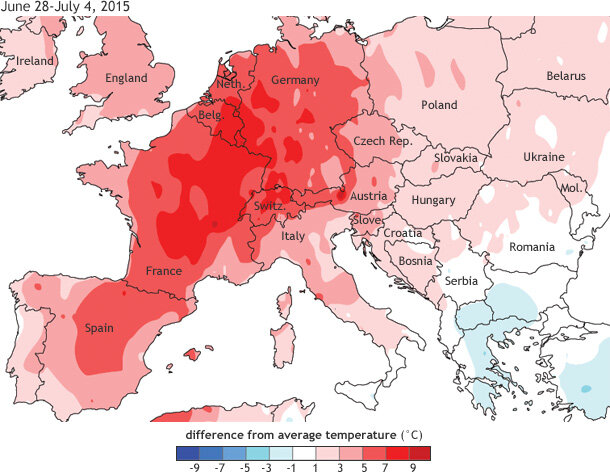Ostrava's Culture
The Czech Republic, also known as Czechia, is a landlocked country in Central Europe. It is bordered by Austria to the south, Germany to the west, Poland to the northeast, and Slovakia to the southeast.
Before 1989 the Czech Republic was called Czechoslovakia. This country was occupied by Nazy Germany during the World War 2. After that the country was divided and they were reunited in 1968.
In 1989 the velvet revolution changes this country to a liberal democracy. on 31 December 1992, the country peacefully split into the independent countries of the Czech Republic and Slovakia. From 1991, the Czech Republic, originally as part of Czechoslovakia and since 1993 in its own right, has been a member of the Visegrád Group and from 1995, the OECD. The Czech Republic joined NATO on 12 March 1999 and the European Union on 1 May 2004. On 21 December 2007 the Czech Republic joined the Schengen Area.
Czechia is formed by the former provinces of Bohemia and Moravia (including part of Silesia), which constituted the Kingdom of Bohemia (the Crown of Saint Wenceslas) and the Margraviate of Moravia, parts of the Holy Roman Empire, then of the Austrian Empire.
After the break-up of Austria-Hungary at the end of the First World War, the Czechs became independent within a country which also included the Slovak regions in Czechoslovakia. Thomas Garrigue Masaryk (1850–1937) becomes the first Czechoslovak president. In 1935, Edvard Beneš (1888–1948) succeeded him as President of the Republic.
France and the Czech Republic have a lot in common, they are both European countries, democraties with a history that has a lot in common (as the colors of their flag).


But unlike France, the Czech Republic is a much younger country than France, indeed it gained its independence only in 1993 (France in the 9th century).But despite its youth, the Czech Republic is economically and socially at the same level as France.
For example, their life expectancy is slightly lower than the French, but their political stability is slightly better than the French.
Some big differences between these 2 countries, contrary to France the Czech Republic is a parliamentary republic, it has only 10 million inhabitants (against 60 French), has an area of 80,000 km² compared to 550,000 km² in France
and (probably a legacy of their communist past) unfortunately their corruption is considered to be double compared to France.
Now a few things to know before leaving: the Czech Republic being a country of Eastern Europe it is colder than in France, that is to say in the Czech Republic 12.8°C on average during the day compared to 16.9°C in France.

The Czechs are also ranked higher than France for their English skills, according to the EPI the Czechs are 17th while France is 37th, which might be interesting to say that the polls indicated that the French considered themselves capable of discussing and sustaining a discussion in English while the Czechs felt insecure.
Unlike France and most of the EU, the Czech Republic uses the Czech koruna as its currency. 1 Czech koruna equals 0.042 Euro, i.e. 1 Euro equals 23.96 Czech koruna. The cost of living is about 40% lower than in France. For example, potatoes are sold in stores for between 14 and 18 Czech crowns (0.67 €) per kilogram, whereas in France it is 1.78 € on average.
Some interesting facts, contrary to France, which in alcohol, it is much concentrated on the wine, in Czech Republic, it is the beer the big winner every village has its brewer and the Czechs drink on average 144 liters of beer per annum, world record in comparison a French drinks on average a fifth. This may explain why in the Czech Republic each bar usually has only one beer for sale and one local. It is important to know that bars in the Czech Republic are not obliged to serve you free tap water, unlike in France.
Your comment